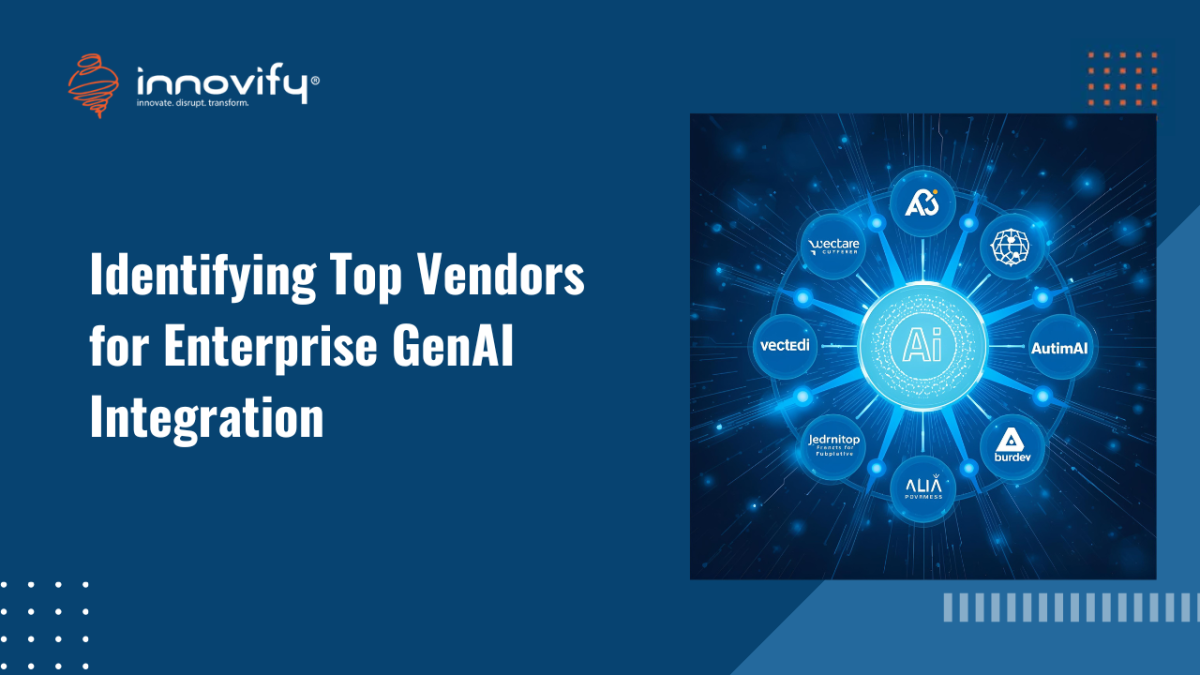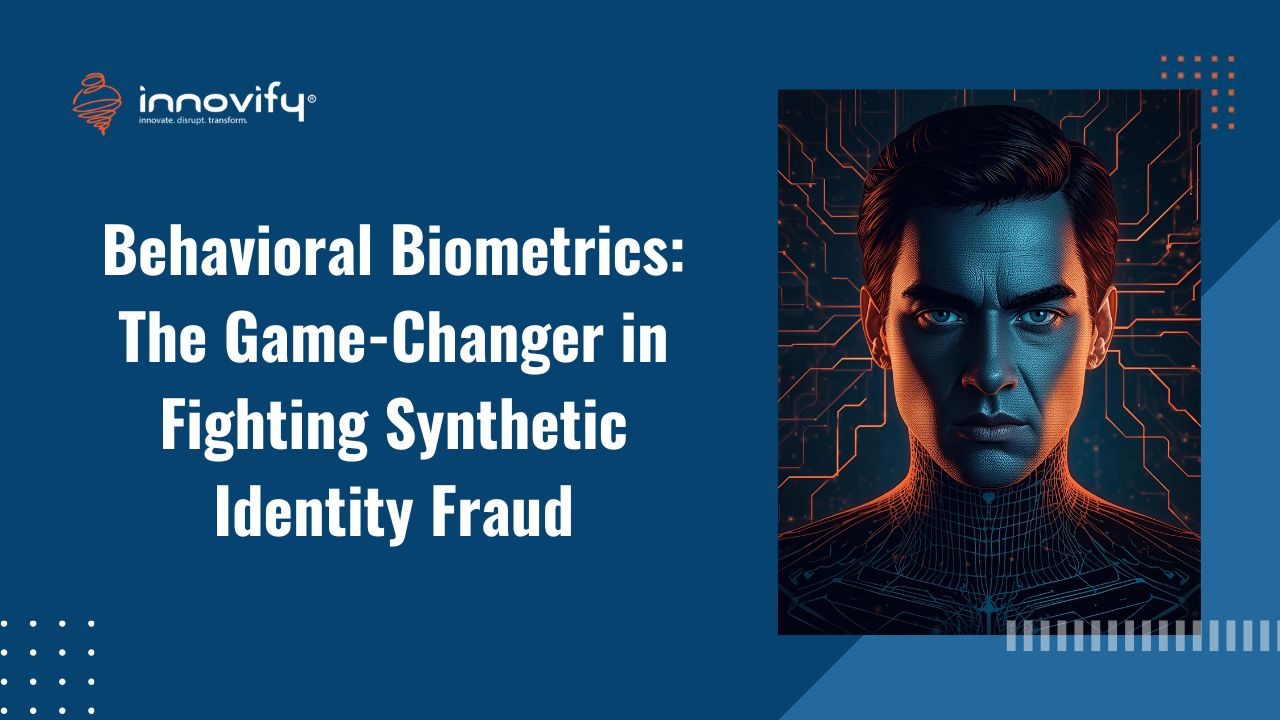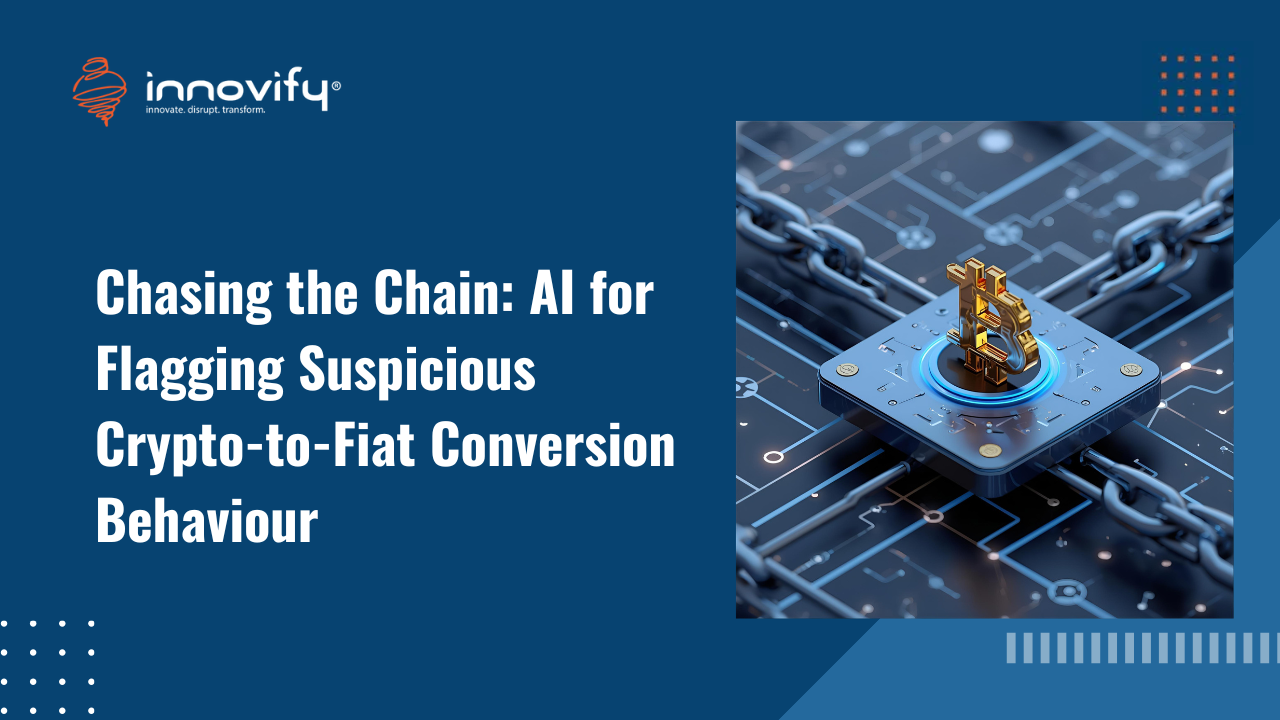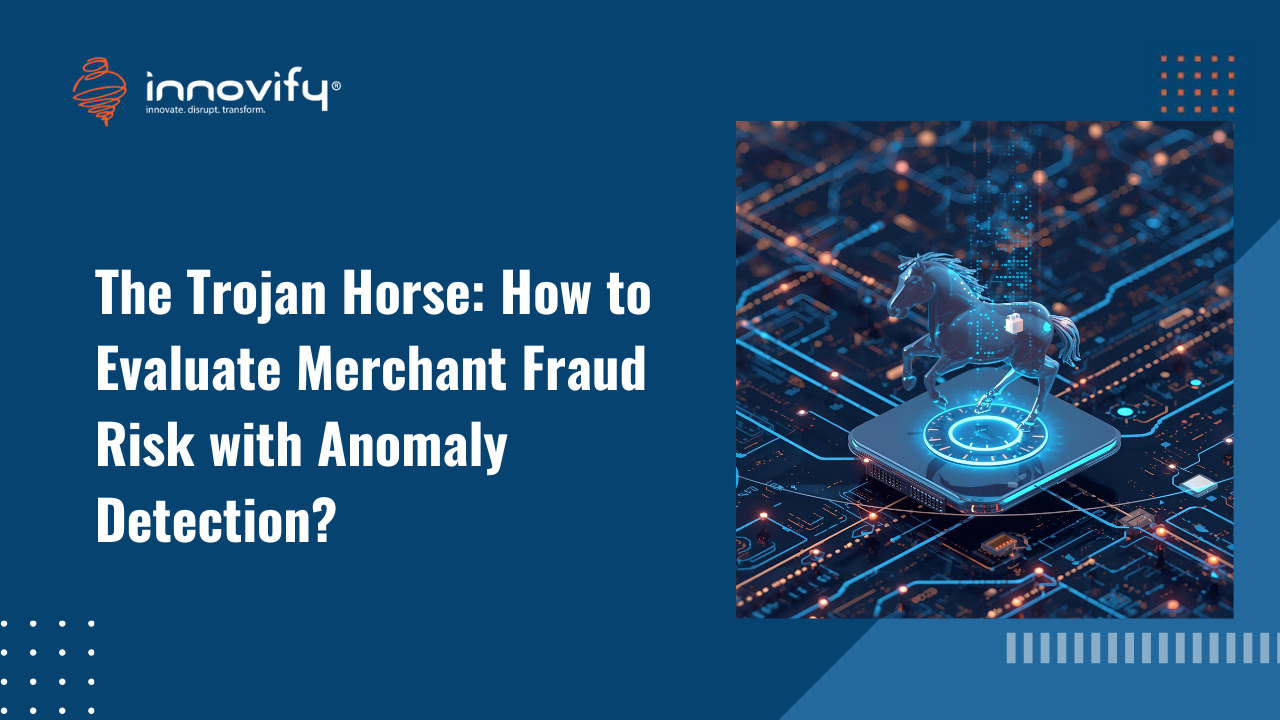AI/ML
Identifying Top Vendors for Enterprise GenAI Integration
Identifying top vendors for enterprise GenAI integration (GenAI / Vendor Selection)
Generative AI (GenAI) has moved beyond pilot projects to become a strategic tool for enterprise transformation, promising massive efficiency gains in areas like code generation, knowledge management, and customer interaction. However, integrating GenAI – which relies on large language models (LLMs) – into the enterprise architecture presents unique, complex challenges around data security, model grounding, hallucination control, and cost management. Identifying top vendors for enterprise GenAI integration requires a comprehensive strategy that prioritizes not just access to the latest models (like GPT-4, Gemini, LLaMA), but the secure, governed, and scalable deployment platforms that turn raw models into trusted business solutions.
The GenAI Ecosystem: A Hybrid of Model Providers and Platform Enablers
Enterprise GenAI integration demands a strategy that recognizes the difference between the foundational model (the LLM) and the MLOps/security layer that makes its enterprise ready.
1. Evaluating Foundational Model Providers (FMPs)
These vendors create core LLM technology. Enterprise selection criteria go beyond simple model performance.
- Hyperscale Cloud Providers: Microsoft Azure AI, Google Cloud AI (Vertex AI), and AWS Bedrock are top contenders, not just for their models (OpenAI/Copilot, Gemini, Claude/Titan), but for their enterprise-grade infrastructure. These platforms provide the necessary security, logging, data sovereignty controls, and integrated AI services required for regulated industries. Their strength lies in combining the model with the rest of your cloud environment.
- Model Performance and Modality: Assess the vendor’s models based on your specific use case. Is it text generation (e.g., content drafting), code generation (e.g., Copilot), or multimodal (e.g., analyzing images and text)? Performance must be benchmarked using real-world, domain-specific tasks, not just generic scores.
- Pricing and Consumption Model: GenAI costs are driven by tokens (input/output). Understand the vendor’s pricing structure for different model sizes and consumption levels. The ideal vendor offers transparency and tools to manage token spend and cost per inference.
- Open vs. Proprietary Models: Evaluate the trade-off. Proprietary models (like GPT-4) offer cutting-edge performance, while open-source models (like Llama) offer greater customization, cost control (after initial training), and the ability to run them on-premises or within a virtual private cloud (VPC) for heightened security.
2. Vetting System Integrators (SIs) and Engineering Firms
Model access is only the first step. The true challenge is integration, which often requires a specialized partner.
- RAG Expertise: The top SIs must demonstrate deep experience in building Retrieval-Augmented Generation (RAG) frameworks. RAG is the most critical integration strategy, allowing the LLM to ground its responses in the enterprise’s secure, proprietary data (documents, databases) to ensure accuracy and prevent hallucinations. Ask for proven RAG deployments in your industry.
- GenAI Governance and Guardrails: SIs must propose a governance-first approach. This includes implementing automated safety and moderation filters, defining clear policies for acceptable use, and building auditable logging layers to track every prompt and response for compliance and risk management.
- Agentic AI: Look for partners exploring the next frontier: Agentic AI. This involves building multi-step, autonomous AI “agents” that can orchestrate tasks, use tools, and make decisions to complete complex business workflows (e.g., a financial agent that reviews a contract and initiates a payment).
Strategic Evaluation: Security, Scalability, and Strategic Fit
Enterprise integration requires a partner who can manage security complexities unique to LLMs and scale the solution globally.
3. Security, IP, and Data Control
The integration must adhere to the highest enterprise security standards, especially concerning proprietary data.
- Data Isolation and Privacy: The vendor must provide a clear, contractual guarantee that your proprietary data (used for fine-tuning or RAG) will not be used to train their public models. Solutions should be deployed in a way that ensures maximum data isolation, ideally within your own private cloud or virtual network (VPC).
- Prompt Injection Defense: GenAI introduces new attack vectors like prompt injection, where a malicious user inputs text designed to override the model’s instructions and extract confidential data. The vendor solution must include proactive defense layers and rigorous testing against these attacks.
- IP Ownership: Contracts must clearly define who owns the intellectual property (IP)—the prompts, the fine-tuned model weights, and the application code built around the LLM. Clear IP ownership is non-negotiable for custom solutions.
4. The Path to Scale: LLMOps
GenAI models are not static; they require continuous management and optimization, or LLMOps.
- Continuous Evaluation: The vendor’s deployment strategy must include continuous monitoring of model performance metrics specific to GenAI: accuracy of RAG responses, hallucination rate, and safety score. This requires specialized evaluation of tooling.
- Adaptability and Multi-Model Strategy: The GenAI space is rapidly evolving. The top vendors propose a vendor-agnostic, modular architecture that allows the enterprise to easily swap out one foundational model for another (e.g., move from GPT to Gemini) or route traffic to different models based on the task (e.g., a cheaper, faster model for simple summaries, a high-performance model for complex code).
- Knowledge Transfer: The partner must be committed to transferring LLMOps knowledge to your internal team, setting up the necessary tools (e.g., LangChain, orchestration frameworks) and processes to ensure long-term, self-sufficient management.
By systematically evaluating vendors based on their security posture, RAG expertise, MLOps capability, and flexible model strategy, enterprises can move beyond pilot hype to deploy GenAI solutions that are secure, governed, and truly transformative.
Ready to build a secure GenAI integration strategy for your enterprise? Request an LLMOps workshop with Innovify today.




